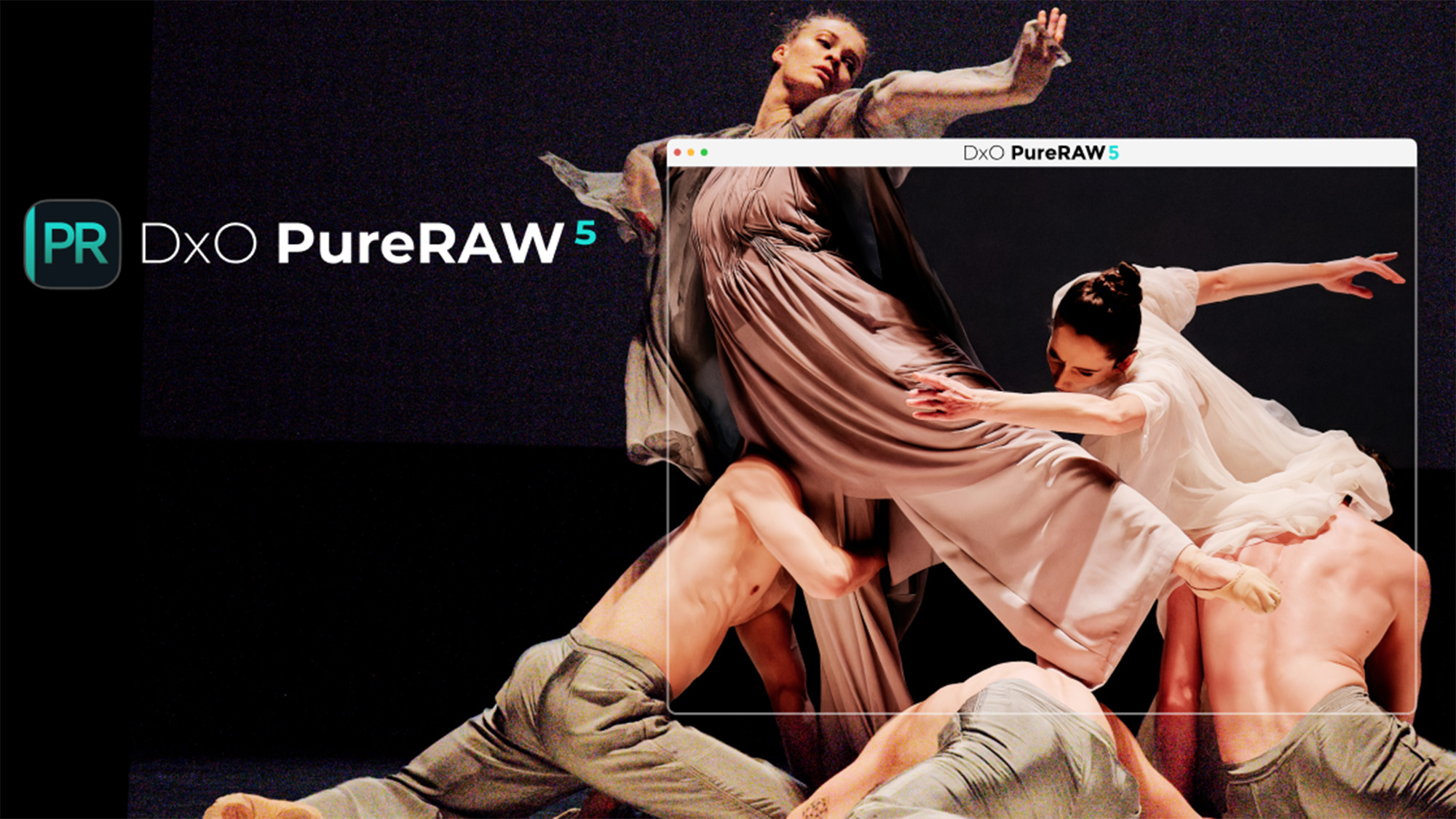8K video is all hype - it's just a marketing gimmick
After Samsung downgrades the 8K capabilities of the Galaxy S23 Ultra, we ask the question: so what?
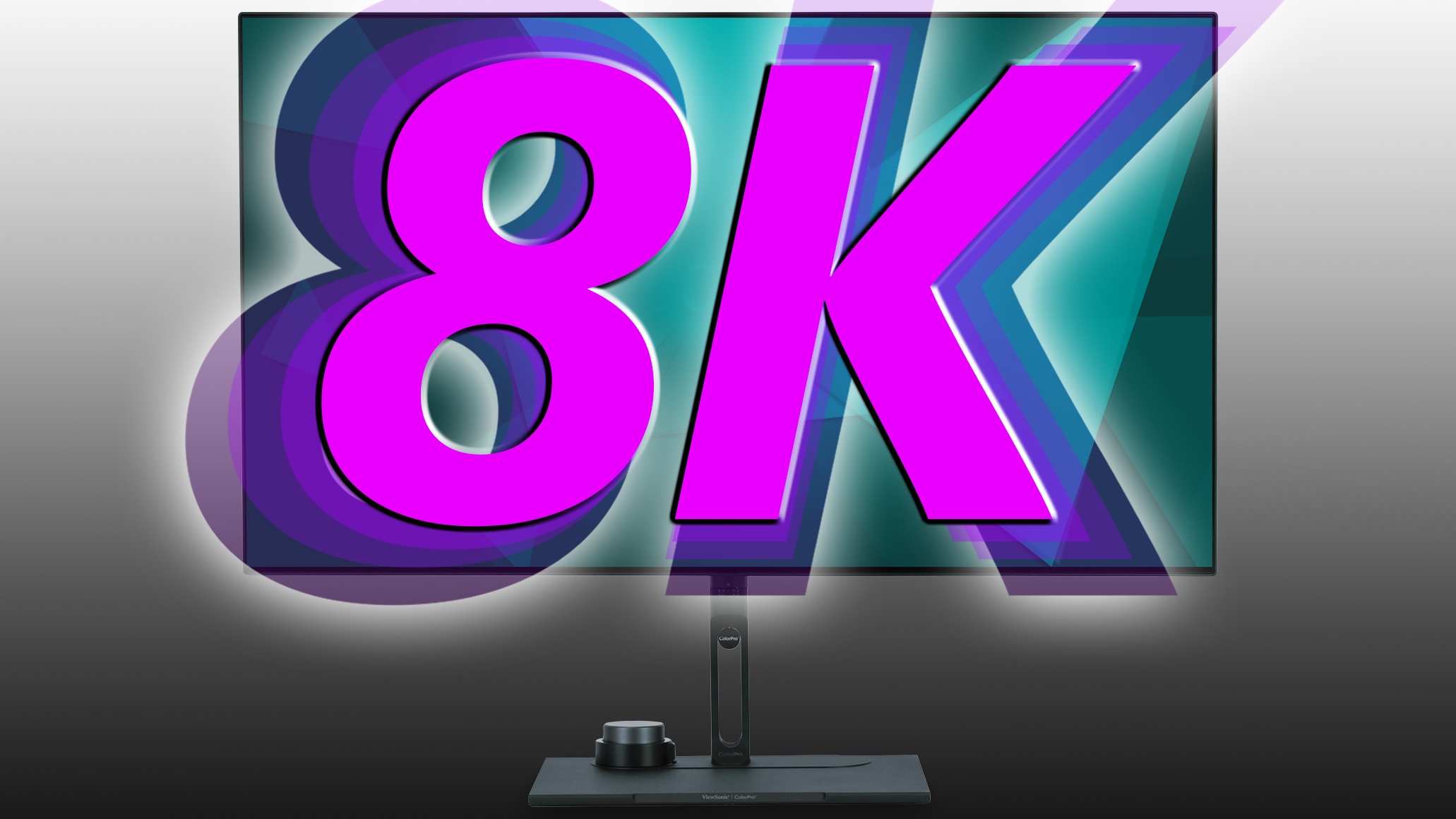
News has surfaced that Samsung has just downgraded the video capabilities of the Galaxy S23 Ultra, by removing its top-most 8K recording bitrate setting. In a move that seems to have angered some S23 Ultra users (though personally I'm struggling to empathise), Samsung has ditched the 100Mbps 8K bitrate option, leaving the highest quality setting at 'only' 80Mbps.
Sources suggest Samsung could have made this decision to address some visible glitchiness and stuttering that was visible in footage shot at 100Mbps. If we're to speculate, this could either be down to the phone's chipset not quite being potent enough to manage flawless 100Mbps 8K recording, but more likely is the phone's RAM possibly not being fast enough to smoothly process the colossal amount of data that results from shooting 8K at a high bit rate.
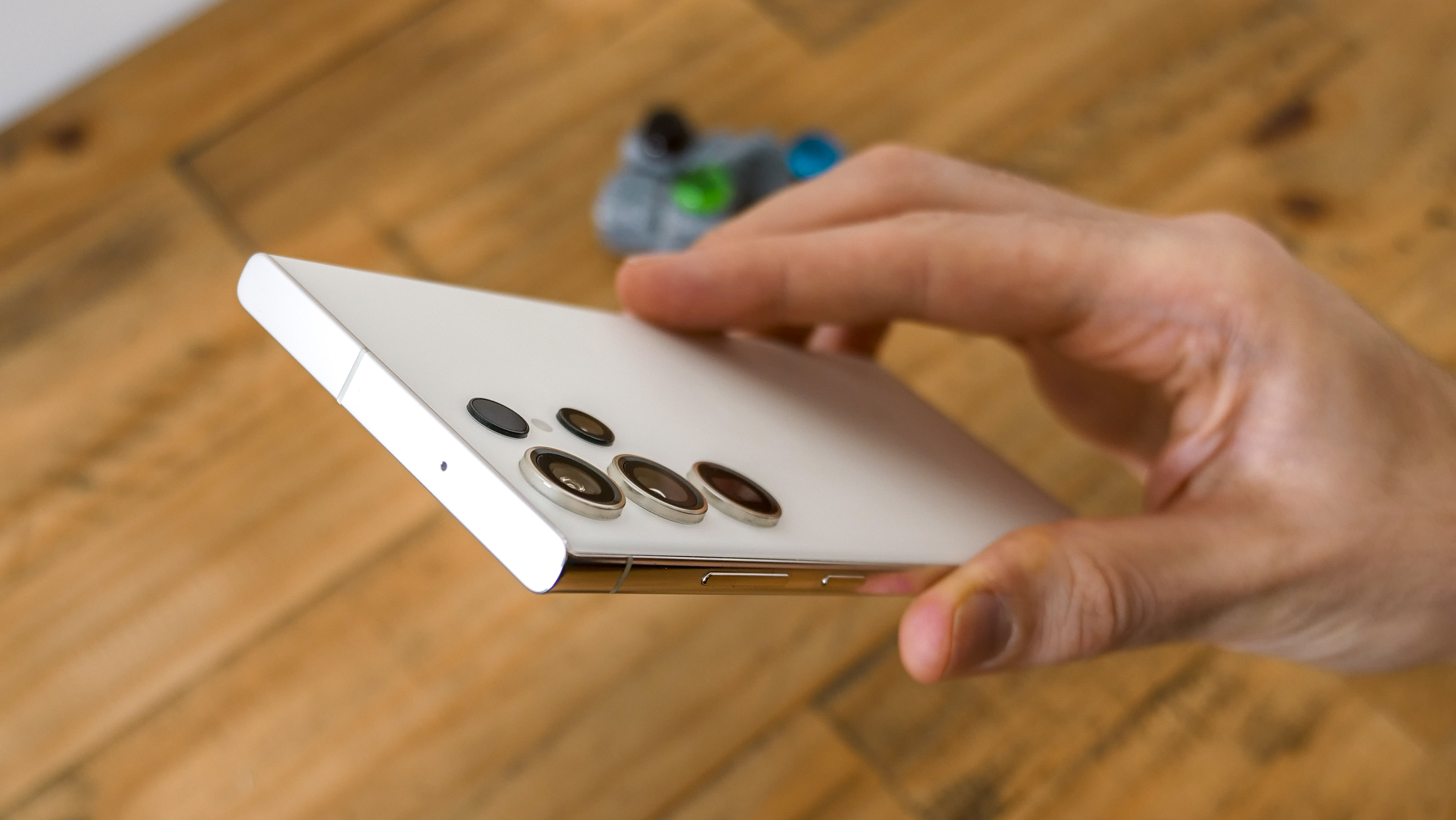
But whatever the reason for Samsung's 'downgrade' here, should users care at all, let alone get angry? I'd argue that it's not just high bit rate 8K recording that isn't necessary in a phone, it's 8K, period. Let me explain.
Granted, we all want to shoot great quality video, but let's consider how that content will be consumed. I'd wager most video shot on a phone will only ever be played back on that very phone. Consider that the screen resolution of the S23 Ultra is 1440 x 3088 pixels - that's already well short of even 4K (2160 x 3840), let alone 8K. Consequently you won't see any resolution benefit from an 8K video versus the same footage shot at 4K, at least when played back on the S23 Ultra.
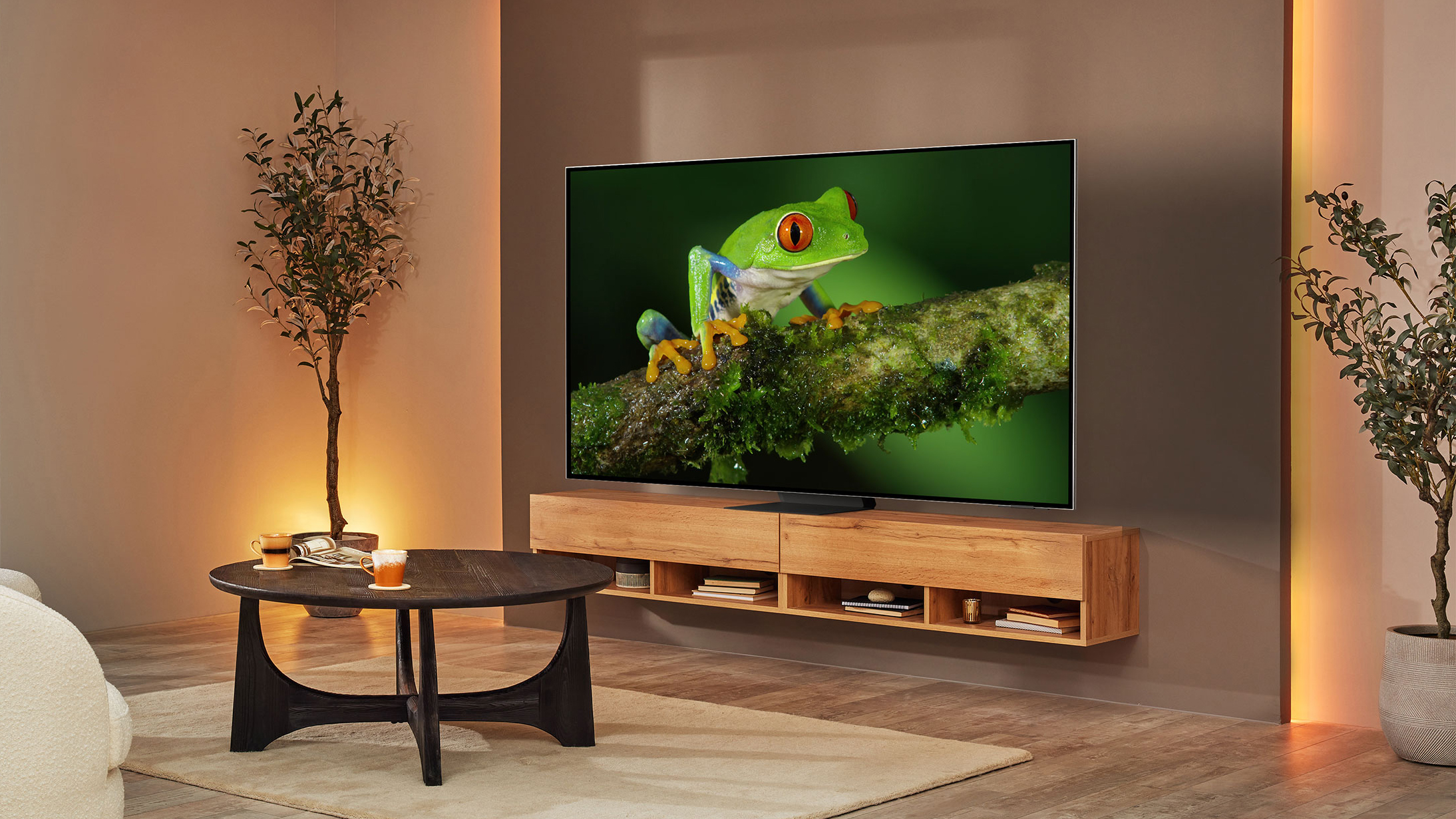
"Yeah, but Ben, you clueless fool, what about if you want to play back your 8K footage on a proper 8K display?" Alright, let's discuss 8K TVs, specifically the irrelevance of them. The only way TV manufacturers can sell new televisions is by making them clearly better than previous models. Since the dawn of the flat-screen LCD/plasma TV revolution, increasing screen resolution has been the primary way to convince us to upgrade. However, this methodology only goes so far, and I'd argue that 4K is the highest resolution most people need from a television. According to some sources, you'd need to be positioned as close as 1.5 meters to an 80-inch television to really see the resolution difference of 8K over 4K, meaning that at any realistic viewing distance, an 8K TV offers no appreciable resolution benefit over a 4K display.
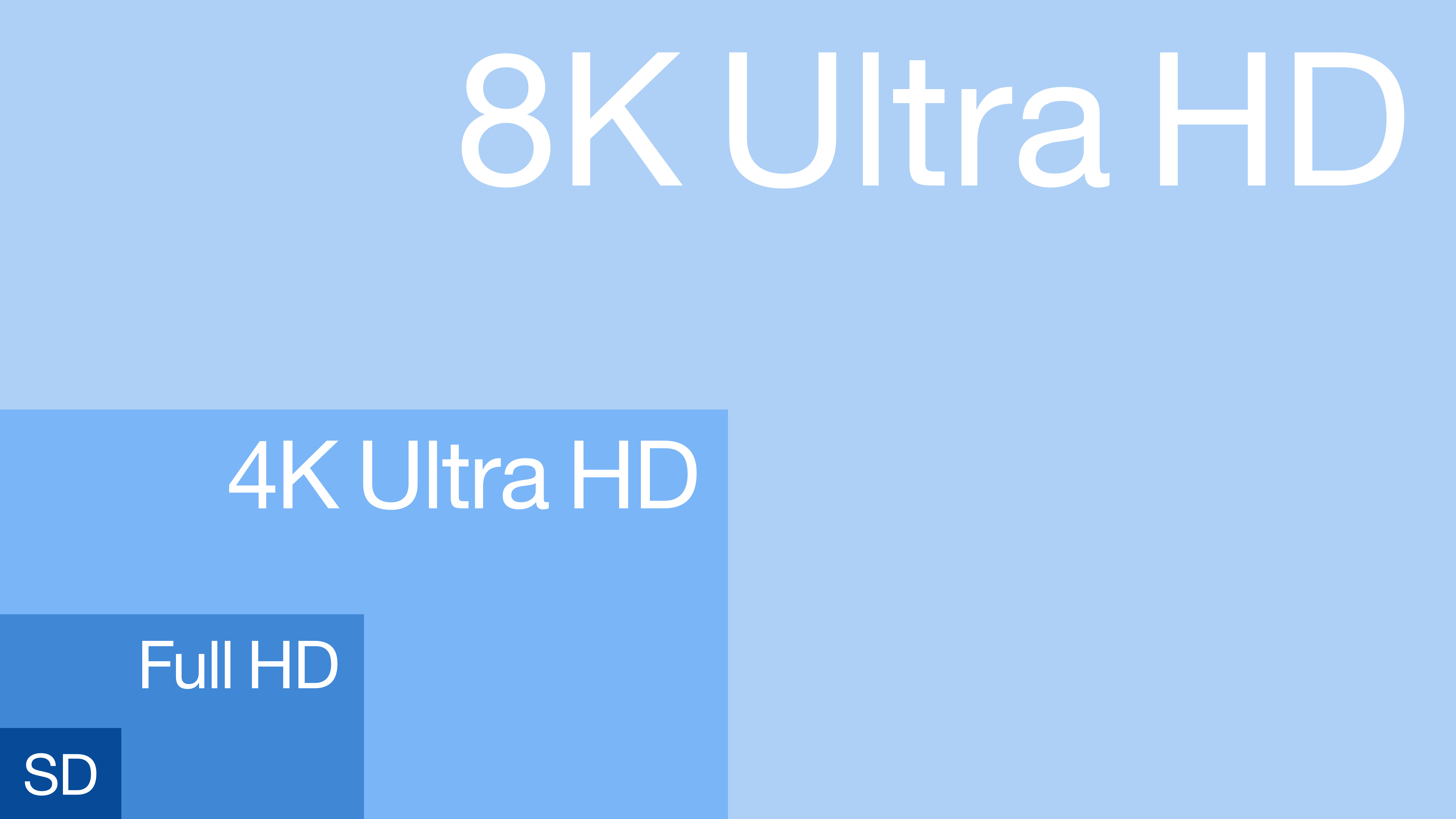
Past resolution jumps from SD, through DVD 576p, 720p, 1080p and then to 4K could each be justified by the perceptible improvement they gave in actual viewing quality. But by quadrupling resolution yet again to 8K (8K contains 4x times the number of pixels as 4K), we've now gone beyond the point where the vast majority of home consumers can actually perceive, let alone appreciate, the increase in resolution. Those with full-on home cinema auditoriums are the exception.
And good luck trying to edit your S23 Ultra's 8K footage. Not only will you need one of the best laptops for video editing (which won't come cheap), the number of 8K consumer monitors currently available to buy is... zero! The one and only 8K consumer monitor that used to be available - the Dell UP3218K - seems to have now been discontinued.
Get the Digital Camera World Newsletter
The best camera deals, reviews, product advice, and unmissable photography news, direct to your inbox!
Just to be clear, I'm not saying all 8K video is pointless. If you're shooting professional footage destined for broadcast and/or cinematic release, then sure, it makes sense to shoot at the best video quality available. But I can't see any reason why we need 8K in the average home, let alone on a phone.
Read more:
Ben is the Imaging Labs manager, responsible for all the testing on Digital Camera World and across the entire photography portfolio at Future. Whether he's in the lab testing the sharpness of new lenses, the resolution of the latest image sensors, the zoom range of monster bridge cameras or even the latest camera phones, Ben is our go-to guy for technical insight. He's also the team's man-at-arms when it comes to camera bags, filters, memory cards, and all manner of camera accessories – his lab is a bit like the Batcave of photography! With years of experience trialling and testing kit, he's a human encyclopedia of benchmarks when it comes to recommending the best buys.

